Radio Survey / Inspection
Radio survey is a set of testing services provided for a vessel to verify and confirm its readiness and safety for navigation in appropriate sea area. The condition of the ship and its equipment shall be maintained to conform with the provisions of the SOLAS regulations to ensure that the ship in all respects will remain fit to proceed to sea without danger to the ship or persons on board.
After Titanic disaster in 1912, the world’s community understood the necessity to bring maritime safety rules on international level. IMCO (Inter-Governmental Maritime Consultative Organization) gathered and elaborated the first International Safety of Life at Sea (SOLAS) Convention in 1914. This convention had not luck to be applied because of the World War I. In consequence, the SOLAS Convention was recast and updated in 1960 and 1974. Present days the consolidated redaction of 1974 with continuous amendments is in use.
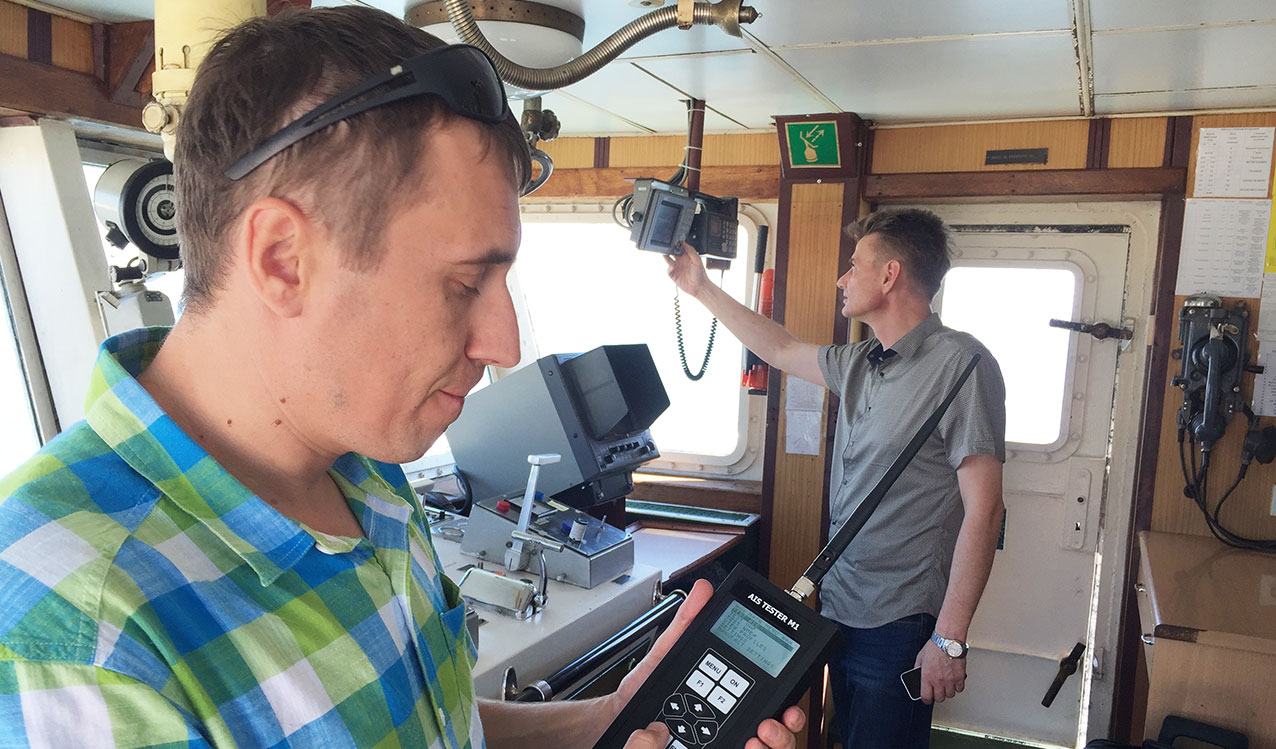
Radio Surveys should be carried out in accordance with SOLAS Convention, reference is made to the “IMO Resolution A.1156 (32) - SURVEY GUIDELINES UNDER THE HARMONIZED SYSTEM OF SURVEY AND CERTIFICATION (HSSC), 2021”.
The SOLAS regulations concerning radio communications, unless expressly provided otherwise, do not apply to:
- Ships of war and troopships.
- Cargo ships of less than 300 gross tonnage.
- Ships not propelled by mechanical means.
- Wooden ships of primitive build.
It is stated that initial and annual radio survey, issuance, renewal and endorsement of Safety Radio Survey Certificates of radio installations on SOLAS ships should be carried out in accordance with the rules laid down in IMO resolution A.1156 (32).
The radio survey should always be performed by a fully qualified radio surveyor who has adequate knowledge of the IMO`s relevant Convention, particularly SOLAS and associated performance standards, and appropriate ITU Radio Regulations. The radio survey should be carried out using suitable test equipment capable of performing all relevant measurements required by these Guidelines.
It is considered as very important that the responsible radio operator (holding a GOC or ROC certificate) is properly instructed and trained in how to use the GMDSS radio equipment.
The International Convention on Standards of Training, Certification and Watchkeeping for Seafarers, 1978 (major revisions in 1995 and 2010), requires that the radio operator performing watchkeeping duties should:
1. ensure that the watch is maintained on the frequencies specified in the Radio Regulations and the SOLAS Convention; and
2. while on duty, regularly check the operation of the radio equipment and its sources of energy and report to the master any failure of this equipment.
The radio license and certificate for the radio operator/operators should be checked during the survey.
The “Global and uniform implementation of the harmonized system of survey and certification (HSSC)” and the “Revised survey guidelines under the harmonized system of survey and certification” require the following.
The inspection and survey of ships, so far as regards the enforcement of the provisions of the present regulations and the granting of exemptions therefrom, shall be carried out by officers of the Administration of flag. The Administration may, however, entrust the inspections and surveys either to surveyors nominated for the purpose or to organizations recognized by it.
Nevertheless the Administration shall as a minimum empower any nominated surveyor or recognized organization to require repairs to a ship and to carry out inspections and surveys if requested by the appropriate authorities of a port State.
If the authorized surveyor or organization finds out that the condition of the vessel or its equipment does not correspond substantially with the particulars of the certificate or is such that the ship is not fit to proceed to sea without danger to the ship, or persons on board, such surveyor or organization shall immediately ensure that corrective action is taken and shall in due course notify the Administration. If such corrective action is not taken the relevant certificate should be withdrawn and the Administration shall be notified immediately; and, if the ship is in the port of another Party, the appropriate authorities of the port State shall also be notified immediately. When an officer of the Administration, a nominated surveyor or a recognized organization has notified the appropriate authorities of the port State, the Government of the port State concerned shall give such officer, surveyor or organization any necessary assistance to carry out their obligations under this regulation. When applicable, the Government of the port State concerned shall ensure that the ship shall not sail until it can proceed to sea, or leave port for the purpose of proceeding to the appropriate repair yard, without danger to the ship or persons on board.
A passenger ship shall be subject to the surveys specified below:
- an initial survey before the ship is put in service;
- a renewal survey once every 12 months, except when regulation 14(b), (e), (f) and - is applicable;
- additional surveys, as occasion arises.
Cargo ships should be maintained as follows:
Surveys of life-saving appliances and other equipment of cargo ships
Surveys of radio installations of cargo ships
Surveys of structure machinery and equipment of cargo ships.
Surveys of radio installations of cargo ships
The radio installations, including those used in life-saving appliances, of cargo ships to which chapters III and IV apply shall be subject to the surveys specified below:
- an initial survey before the ship is put in service;
- a renewal survey at intervals specified by the Administration but not exceeding five years, except where regulation 14(b), (e), (f) and (g) is applicable;
- a periodical survey within three months before or after each anniversary date of the Cargo Ship Safety Radio Certificate;
- an additional survey as prescribed for passenger ships in regulation 7(b)(iii).
These surveys shall be carried out as follows:
- the initial survey shall include a complete inspection of the radio installations of cargo ships, including those used in life-saving appliances, to ensure that they comply with the requirements of the present regulations;
- the renewal and periodical surveys shall include an inspection of the radio installations of cargo ships, including those used in life-saving appliances, to ensure that they comply with the requirements of the present regulations.
During a radio inspection the engineer should check and test as necessary the following items and find them satisfactory:
1) Source of energy
2) Radio installations
3) Antennas
4) VHF transceivers
5) VHF DSC controller and Channel 70 DSC watch receiver
6)MF radiotelephone equipment, or MF/HF radiotelephone equipment
7) MF/HF radio telex equipment
8) MF DSC controller(s), or MF/HF DSC controller(s)
9) MF DSC watch receiver(s), or MF/HF DSC watch receiver (s)
10) INMARSAT Ship Earth Station(s)
11) NAVTEX equipment
12) Enhanced Group Call
13) Float free satellite EPIRB
14) Two-way VHF radiotelephone apparatus for survival craft
15) Radar transponders (Now called “search and rescue locating devices” and may include AIS-SARTs)
16) Test equipment and spares carried
17) Radar(s)
18) ARPA
19) Receiver for a Global Navigation Satellite system or a Terrestrial Radionavigation System (GPS)
20) Automatic Identification System (AIS)
21) Electronic Chart Display and Information System (ECDIS)
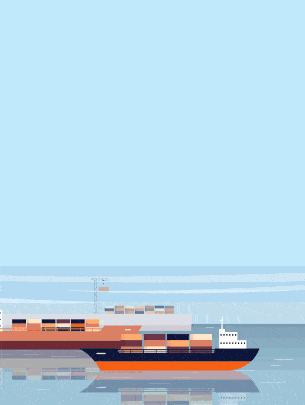
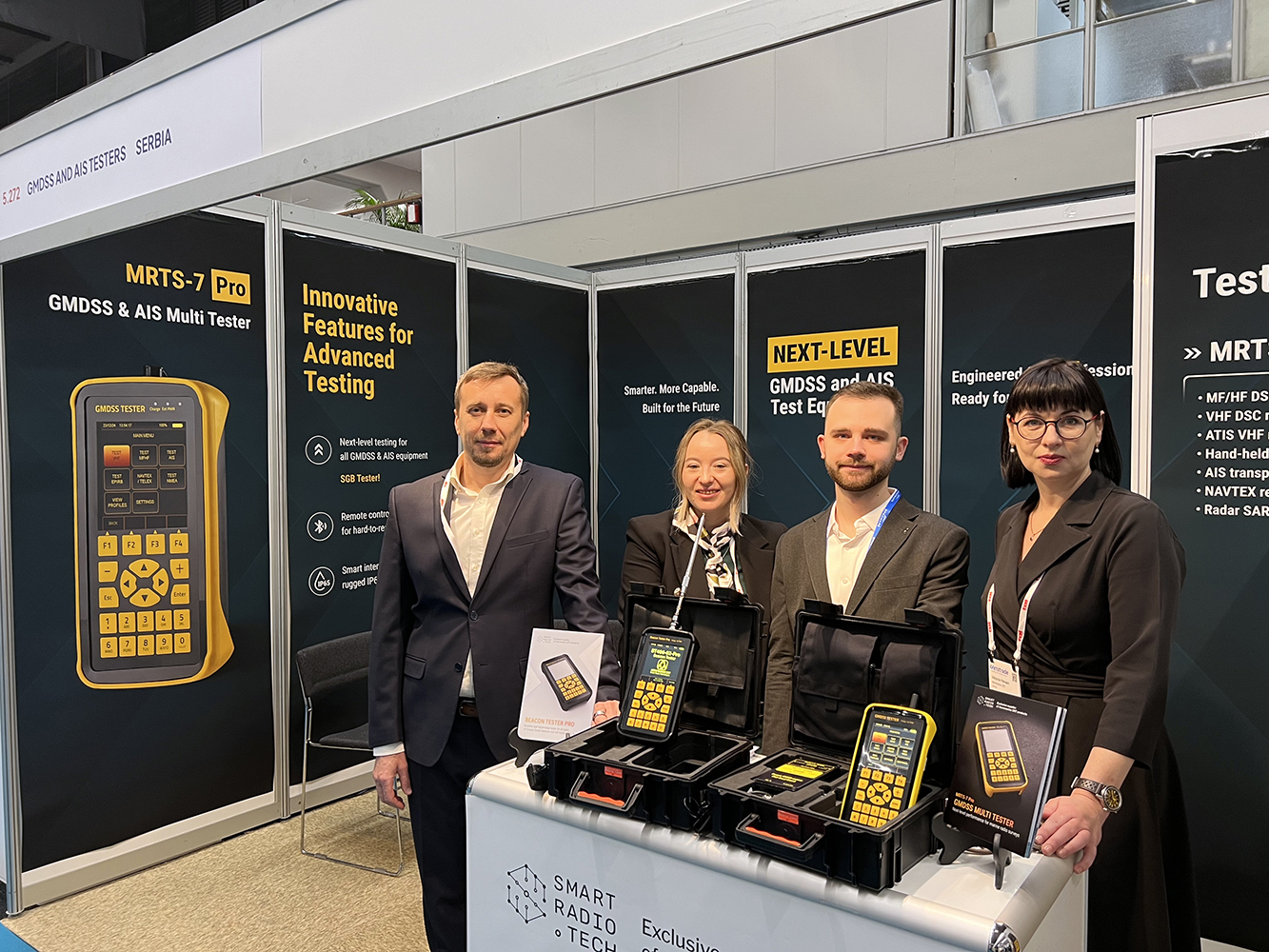
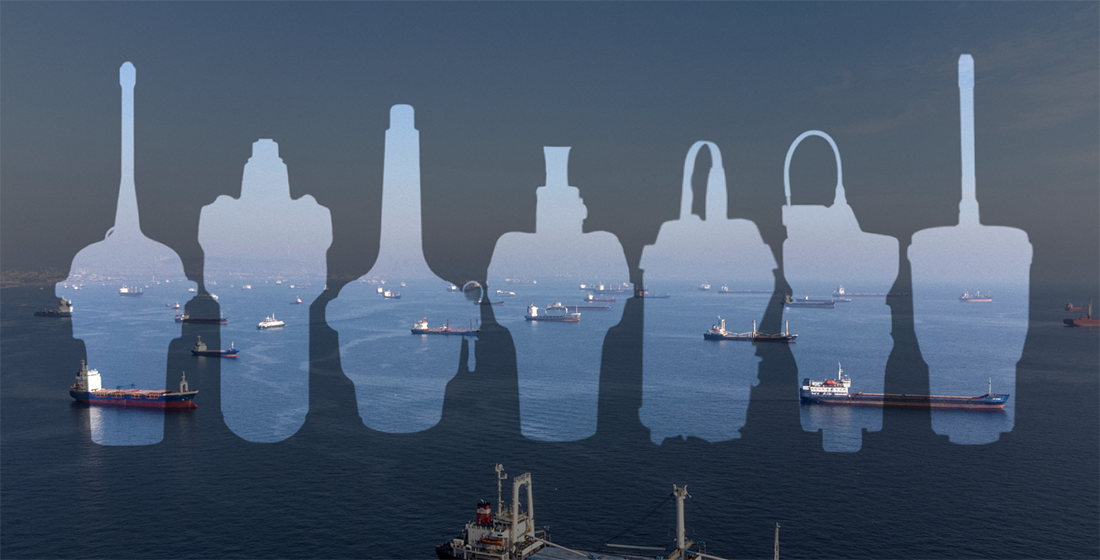
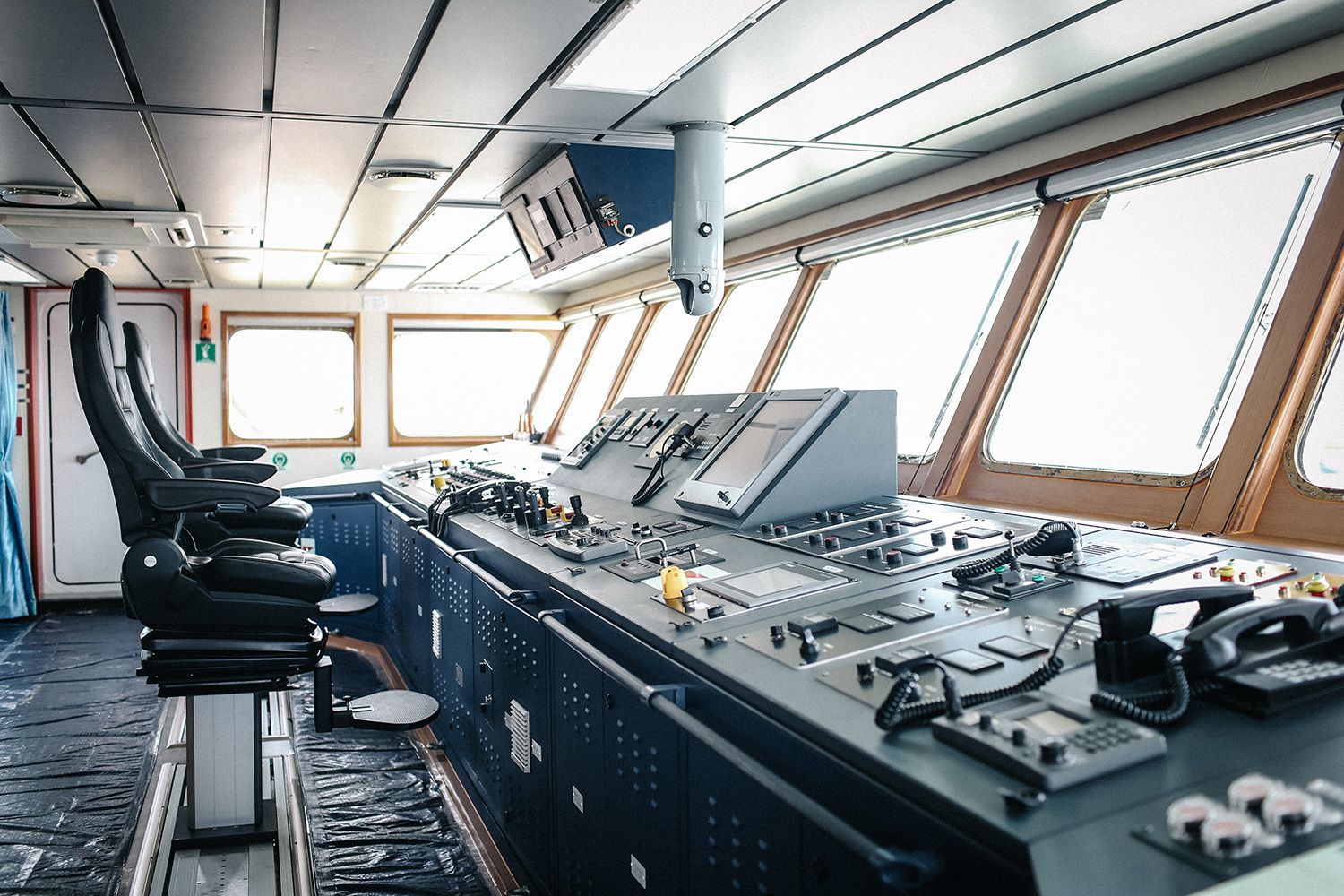

True indeed